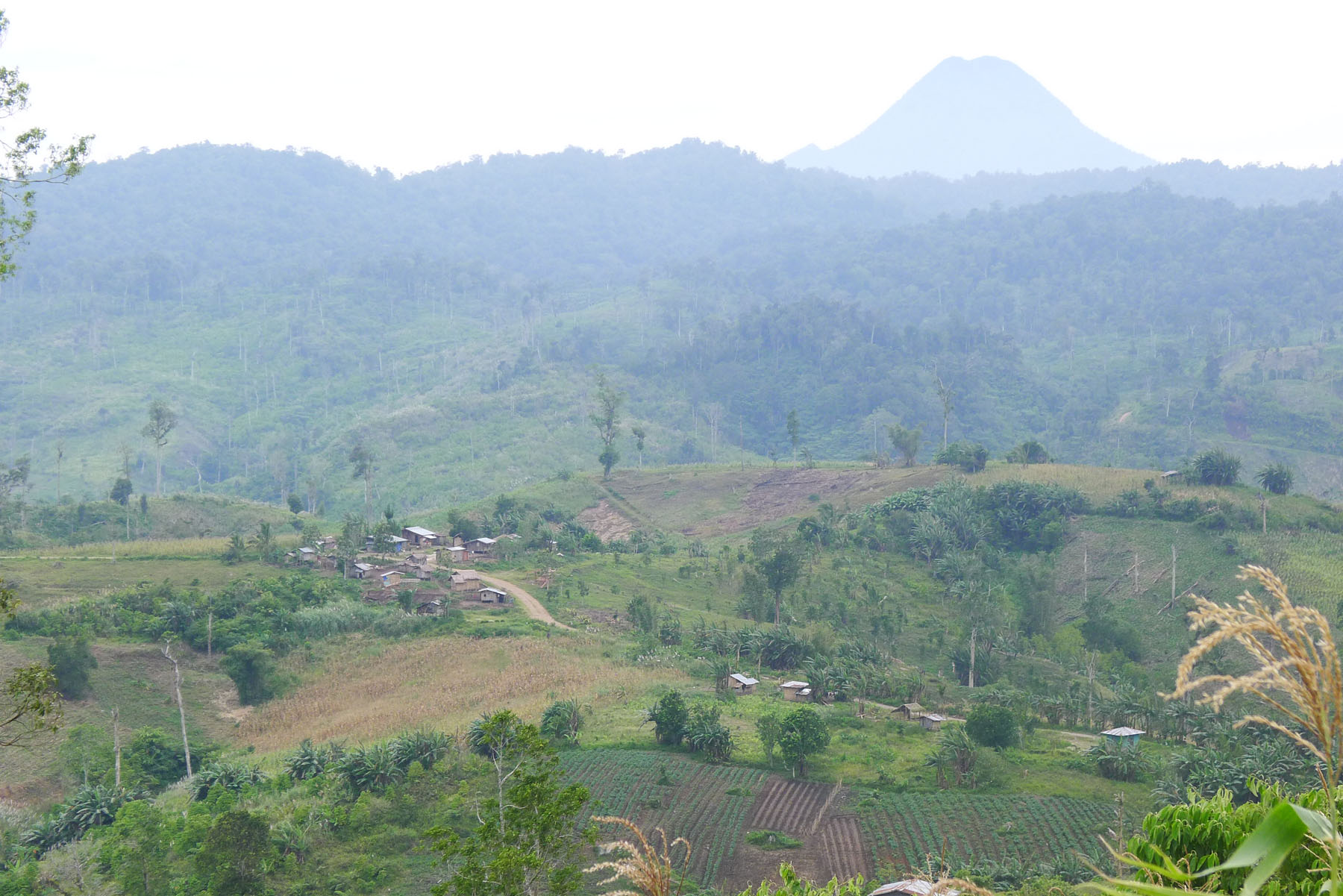KORONADAL CITY (MindaNews / 26 October) — The controversial $5.9 billion Tampakan project, Southeast Asia’s largest untapped copper and gold minefield, has been granted the right to extract the mammoth deposit in the ancestral domain of the ethnic tribal group in the area.
Sagittarius Mines, Inc. (SMI), developer of the Tampakan project, was granted the Certification Precondition (CP), a vital requirement from the National Commission on Indigenous Peoples (NCIP), on the heels of two successive setbacks suffered by the project in the last two months.
The Tampakan project has the potential to yield an average of 375,000 tons of copper and 360,000 ounces of gold in concentrate per annum in the 17-year-life of the mine.
The CP is a certification that the indigenous cultural communities (ICCs) have given their consent to the mining venture within their ancestral domain and that the Free and Prior Informed Consent (FPIC) process has been satisfactorily complied with by the company.
The B’laan tribe populates the Tampakan project, which straddles the provinces of South Cotabato, where the bulk of the deposits is located, Sultan Kudarat, Davao del Sur and Sarangani.
NCIP chairperson Allen Capuyan issued the CP on 19 September 2020 in Quezon City. But a report from the Philippine Information Agency, dated 21 September 2020, said that Capuyan “was in Soccsksargen region from September 8 to 23 for a series of consultative meetings with indigenous peoples’ leaders and tribal communities.”
Bae Dalena Samling, chieftain of the Danlag Tribal Council in the town of Tampakan in South Cotabato, posted a copy of the CP on her Facebook wall last October 22.
Samling also posted a photo of her and Capuyan, along with two others, taken in an undisclosed place last September 18.
In a phone interview on Monday, Samling lauded the NCIP for granting SMI the CP for the Tampakan project, noting the FPIC process took 10 years to complete.
“We have been waiting for it for a long time. There’s a lot of struggles between the tribal councils and the company during the FPIC process, that’s why it took it so long to finish,” she said in a phone interview.
She also cited the change in management leadership at SMI, including the entry to the project of foreign firms Xstrata Copper and then Glencore Plc, in the prolonged processing of the FPIC. Glencore exited the Tampakan project in 2015 after a deal with the Alcantara Group, a Mindanao-grown conglomerate.
The confirmation that SMI has acquired the CP came two weeks after a local court here dismissed a petition by the tribal councils within the Tampakan project area to revoke the open-pit mining ban imposed by the South Cotabato provincial government since 2010.
In an order last October 12, Judge Vicente Peña, acting presiding judge of Regional Trial Court 11th Judicial Region Branch 24, ruled that the open-pit mining ban in South Cotabato is not invalid but rather legal and consistent with the Philippine Constitution.
Joining the tribal councils as petitioners were the SouthCot Mining Corp. and the Tampakan Mining Corp., collectively known as the Tampakan Group of Companies, which have been assigned as the concessionaires of the Tampakan project by the government during the initial discovery of the minefield in the mid-1980s.
In an earlier study, SMI said that the open-pit mining method is the most viable means to extract the deposits that are located near the earth’s surface.
 The controversial Tampakan project MindaNews photo by BONG S. SARMIENTO
The controversial Tampakan project MindaNews photo by BONG S. SARMIENTO
The Diocese of Marbel, headed by Bishop Cerilo Casicas, welcomed the court’s decision, saying that the ruling “is very well aligned with the Catholic Church’s encyclical on the environment, the “Laudato Si.”
“Truly, this is an answered prayer, not only for the believers of the Catholic faith, but for the people of South Cotabato and the neighboring provinces,” Casicas said in a statement on October 20.
“With this decision, we are convinced that (the) law and the legal system could be truly used to attain social justice for the people and the environment,” the prelate added.
Samling said they will appeal the court ruling, which came two months after local legislators in the town of Tampakan, terminated the municipal principal agreement (MPA) with SMI. The MPA contains the agreement between the company and the host local government, including the firm’s financial and social obligations.
In a resolution, members of the Sangguniang Bayan stated that they’re no longer interested in reviewing or updating the 2009 MPA with the company but are open to creating or formulating a new agreement, which means SMI could still pursue the Tampakan project under a new municipal agreement.
